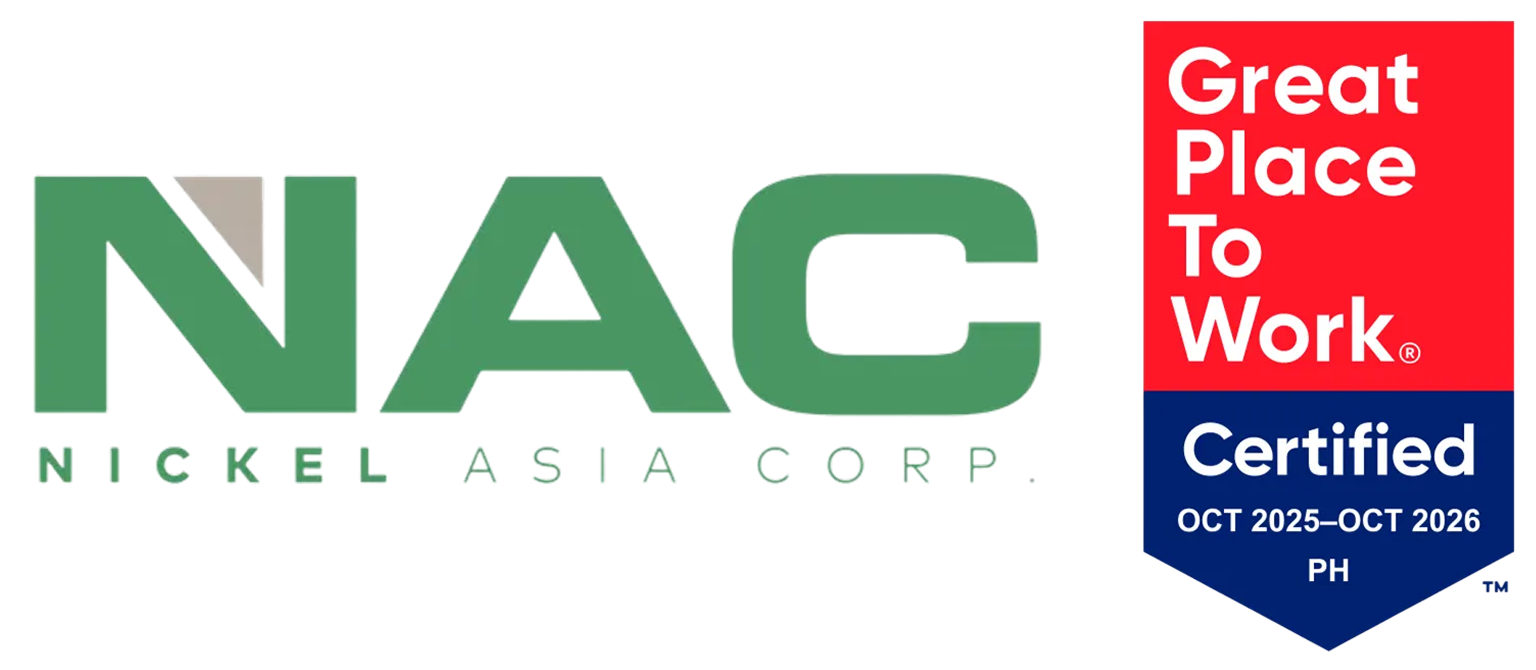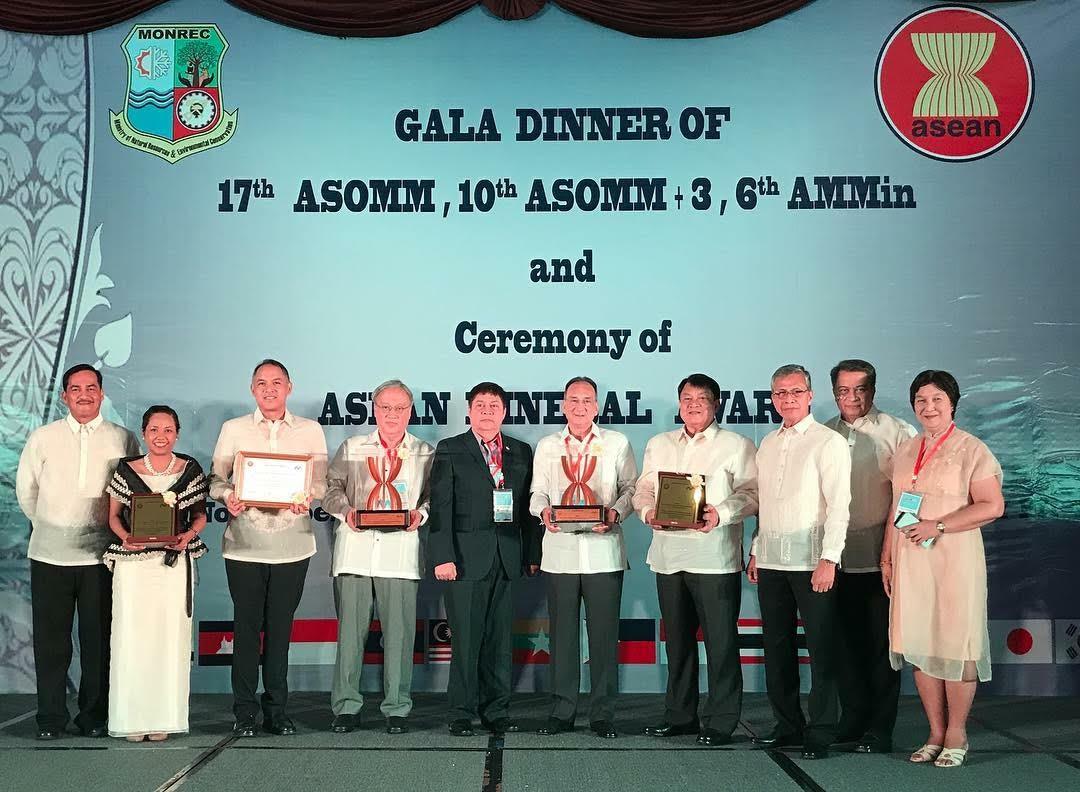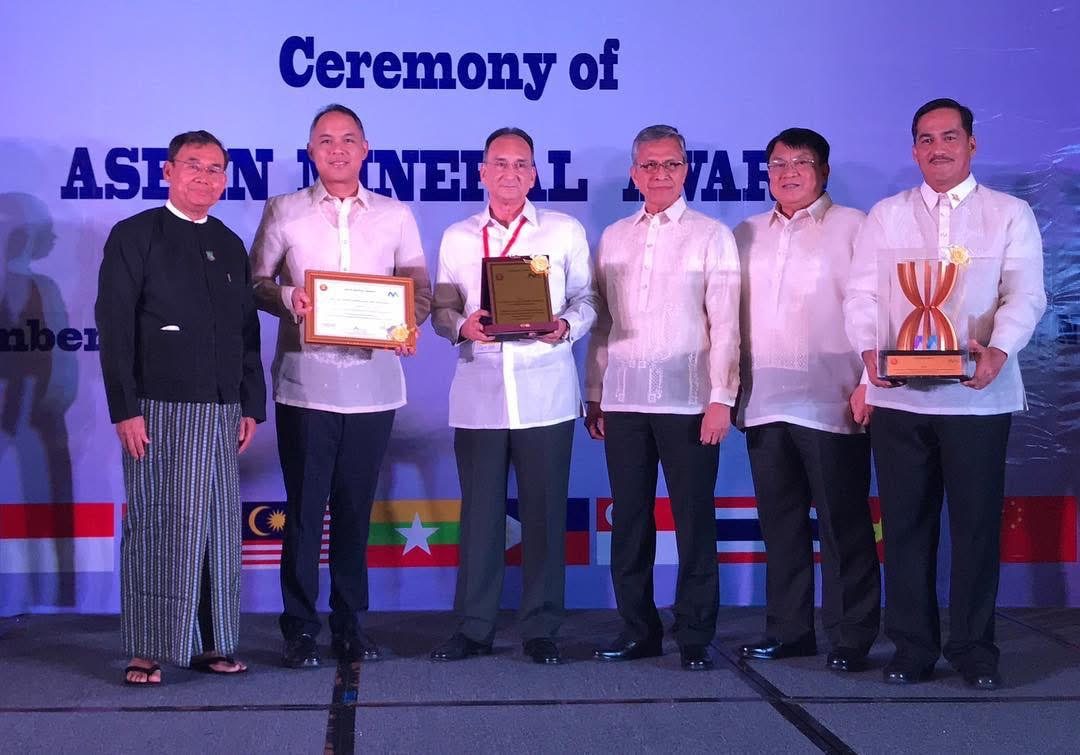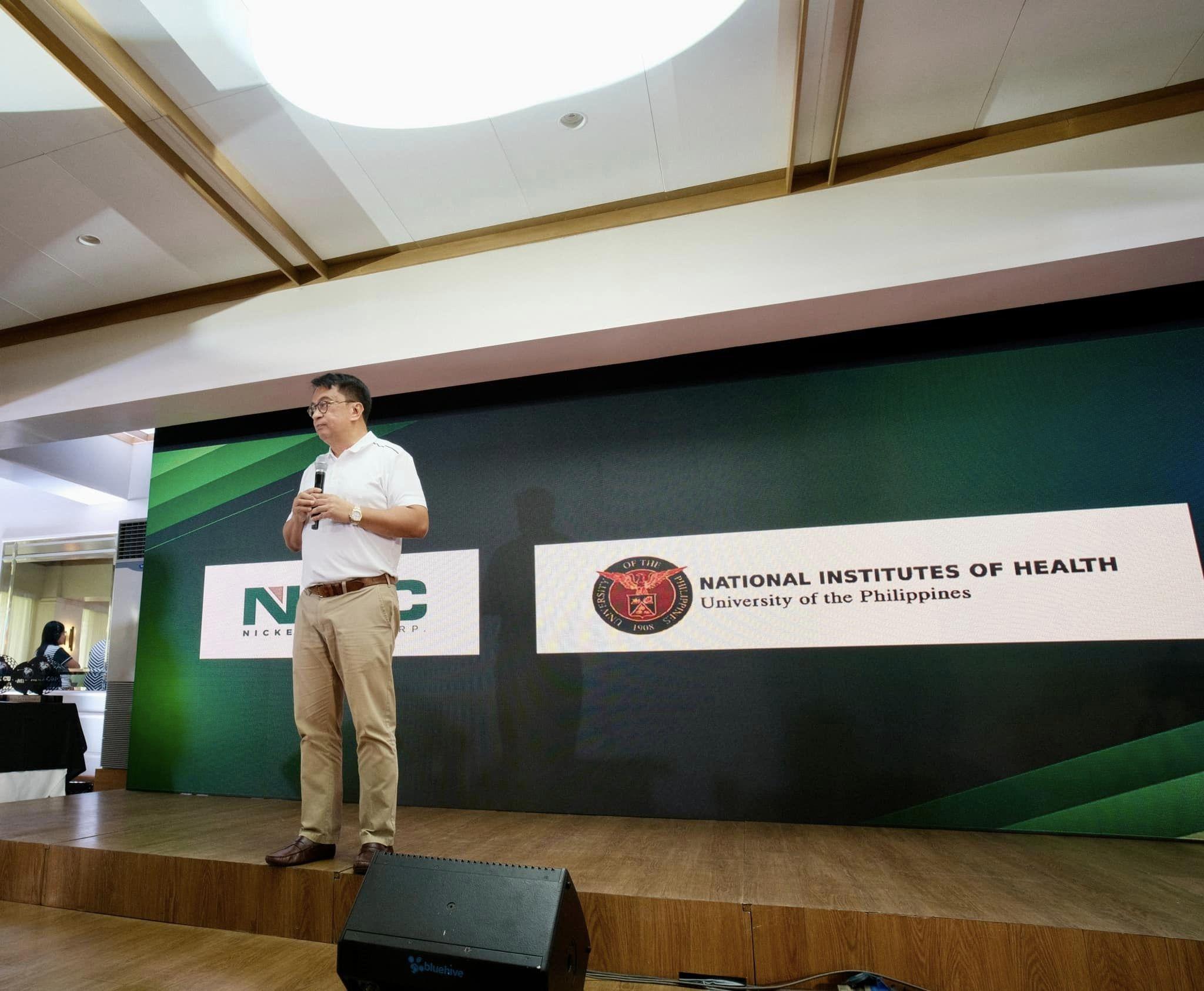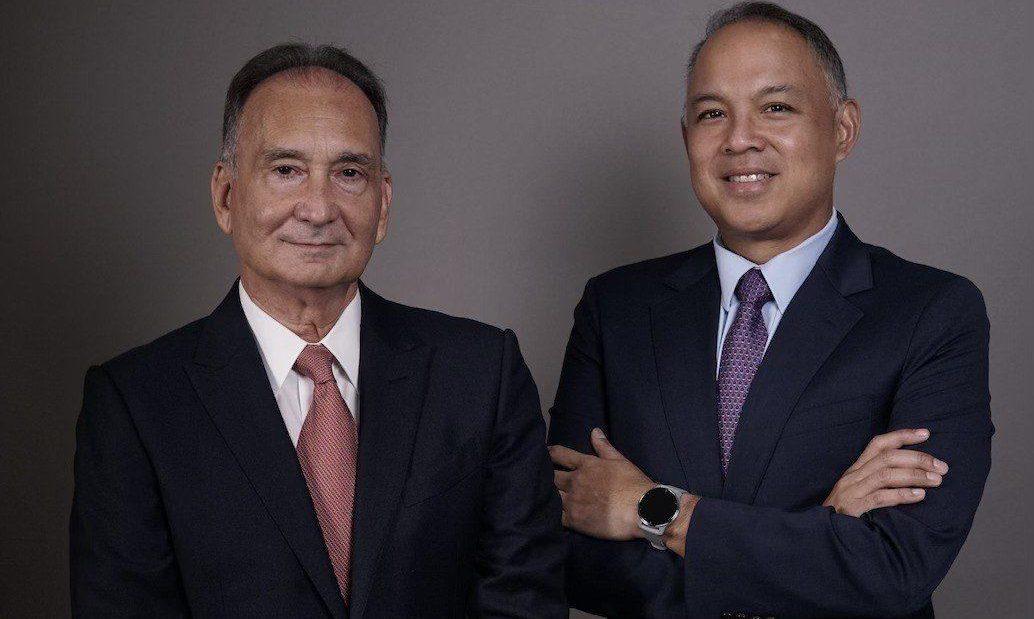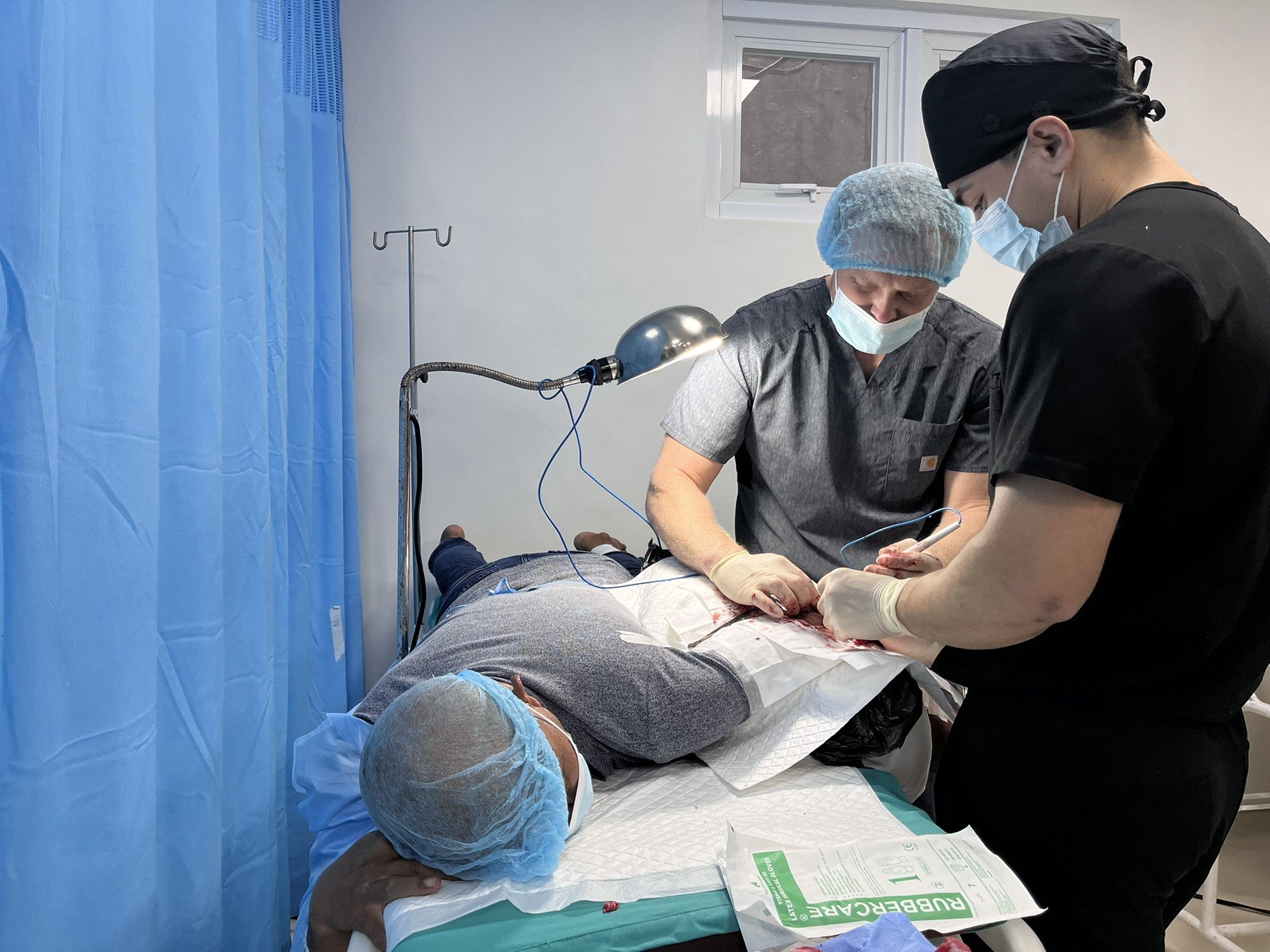Rio Tuba Nickel Mining Corporation (RTNMC) is the winner of the first-ever ASEAN Mineral Awards (AMA) in the Best Practices in Mineral Mining category, beating entries from other member-countries of Association of South East Asian Nations (ASEAN).
Rio Tuba Nickel Mining Corporation (RTNMC) is the winner of the first-ever ASEAN Mineral Awards (AMA) in the Best Practices in Mineral Mining category, beating entries from other member-countries of Association of South East Asian Nations (ASEAN).
RTNMC is a subsidiary of publicly listed Nickel Asia Corporation (NAC), the Philippines' largest producer of lateritic nickel ore and one of the largest in the world.
Another entry from the Philippines, OceanaGold, won in the category Best Practices in Mineral Processing after also besting entries from other ASEAN member countries.
Both RTNMC and OceanaGold are member companies of the Chamber of Mines of the Philippines (COMP). There was no Philippine entry in the Best in Mineral Transportation category.
The awarding was held during the gala dinner of the ASEAN Ministerial Meeting on Minerals in Naypyidaw, Myanmar.
Prior to the awarding, all nine finalists (three per category) made their final presentation to the 10-member Board of Judges. Each finalist was strictly limited to 15 minutes followed by questions from the judges.
The presentation of NAC President and CEO Gerard Brimo, who also serves as the President of RTNMC, entitled “Responsible Mining is Real” focused on the mandatory social development programs and the voluntary corporate social responsibility projects of RTNMC that together uplift the community of Rio Tuba and the local government unit (LGU) of Bataraza.
He spoke of Rio Tuba as a story of the transformation of a remote and uninhabited area of southern Palawan, proof, he said, that responsible mining brings development where it is allowed to operate.
He then focused on RTNMC’s efforts to protect the environment and highlighted the return of biodiversity to the new forests growing in mined out areas.
Commented the presiding judge from Indonesia after the presentation: “Thank you for showing us how mining should be.”
With its remarkable practice of responsible mining and its special focus on progressive rehabilitation, RTNMC bested two other finalists in its category -- a gold mining company from Indonesia and the largest cement group in Thailand.
When informed of Rio Tuba’s win, Brimo said, "the selection of RTNMC is a recognition of the four decades of responsible mining that has been practiced at Rio Tuba.”
“It is a testament to the commitment of RTNMC, and of all other companies of NAC to pursue best practices in environmentally and Socially Sustainable Mineral Development,” he added.
For his part, Martin Antonio Zamora, NAC Executive Vice President said the Award is also a recognition of the hard work of the professionals in the Philippines mining bureau and the Department of Environment and Natural Resources (DENR).
“They closely work together to ensure that mining laws are observed so that responsible mining is able to flourish and make its proper economic contribution beyond the progressive mining communities,” said Zamora.
RTNMC has been operating in Barangay Rio Tuba, Bataraza, Palawan since the late 1960s and began exporting ore to Japan in 1977, forty years ago this year.
The AMA was established to honor mining companies from the ASEAN communities for their contributions in the advancement of responsible and environment-friendly mining.
It is a project of the Special Task Force (STF) under the ASEAN Senior Officials Meeting on Minerals (ASOMM).
Composing the STF are representatives from the ASEAN Member States, namely Brunei Darussalam, Cambodia, Indonesia, Lao PDR, Malaysia, Myanmar, Philippines, Singapore, Thailand and Vietnam.
According to its guidelines, the AMA aims to promote environmentally and socially sustainable mineral development, improve the general perception/image of the mineral industry, disseminate best practices in the mineral sector (mining, transportation, processing, etc.), increase public awareness on Best Practices in Environmentally and Socially Sustainable Mineral Development, as well as to improve and enhance the Best Practices in mineral industries, strengthen regional cooperation and encourage sharing of expertise, and, encourage private sector participation for community development.
The AMA recognizes contributions involving actual impacts on community development, implications on ASEAN minerals supply, human resource development, productivity and resource efficiency, and actual measures to address health, safety and environmental performance.
